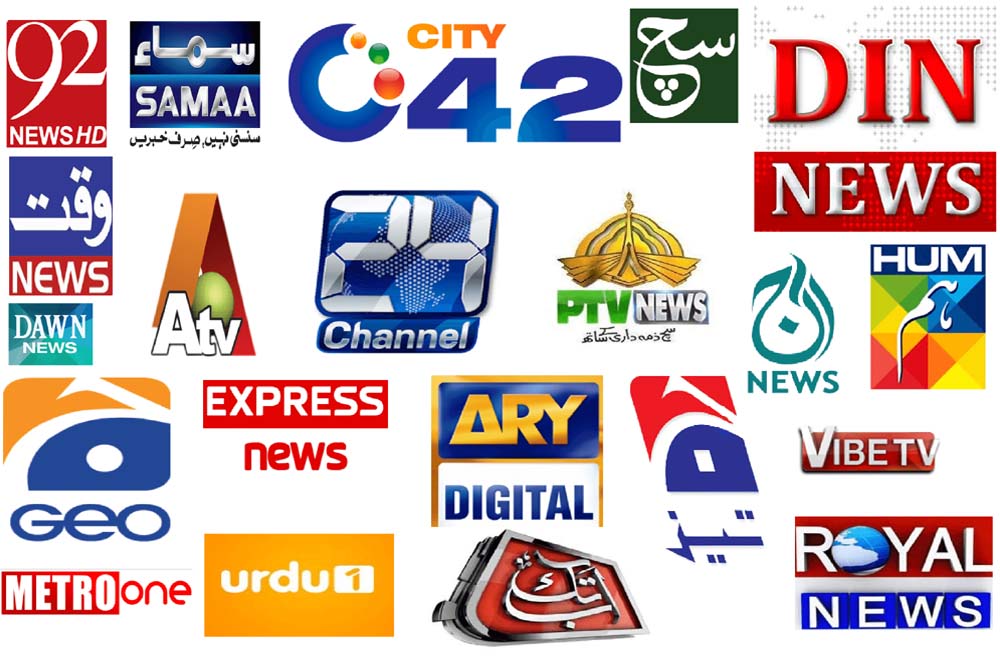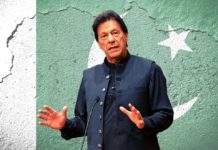Disclaimer: The Eqbal Ahmad Centre for Public Education (EACPE) encourages critical and independent thinking and believes in a free expression of one’s opinion. However, the views expressed in contributed articles are solely those of their respective authors and do not necessarily reflect the position or policy of the EACPE.
Every now and then, an insignificant issue is sensationalized by media enveloping public imagination. The decadence of media content has shaped public opinion to reactionary extent. Medium, instead of becoming an instrument, has become a message in itself. Public issues and social problems are dragged into heated debates by rattling voices on tv screens without any policy outcome and tangible result.
The lack of serious debate downsized the extend of issues being faced by general masses. For instance, the issue of poverty and inflation are smoke-screened by blame games. Joined with TV screens are Twitter, Facebook and other social media apps resulting into a networked society. Serious structural issues of state and society are conspicuous for their absence by and large as this practice can bring state institutions under fire except some serious writing on social media platforms. Sarcasm has become a new tool on social media to criticise serious humanitarian problems. Memes have replaced think-pieces.
Media in Pakistan has been manipulating the minds of its audience by engaging them in unproductive debates and shying away from discussing real issues of the society.
On the other hand, the soup operas present barrenness of thought as love, infidelity and eroticism form the core of storyline. Misogynists, like that of Khalil-ur-Rehman Qamar, are admired and popularized in subconsciousness of urban middle classes. What these dramas represent is a kind of apolitical themes which underline infertile thought short of progress and development. TV dramas depict either an unfaithful wife or promiscuous husband or taunting mother-in-law or vulgar daughter-in-law. They shroud the real issues of state, society, economy, science and education lock, stock and barrel. One occasionally hears about demands for banning Indian movies on cable TV for showing indecent scenes of thinly-clad women in a dancing mode or otherwise. However, cable tv has expanded the scope of tolerance of behavioural liberalism on the screen, of course with no visible traces of filtering through the society’s mores and manners. The younger generation, therefore, has been exposed to a far less constrained cinematic art on tv than its predecessor, which was bound by the antics of one state-controlled channel.
By engaging into this anti-intellectual activity on screens, media plays politics on every issue under debate and blames political elite for all the ills being faced by Pakistan at the moment. Scapegoating and the otherization have become the hallmark for mediatized news framing to beget right-wing conspiratorial mindset amongst middle class. The logical offshoot of these media practices is an absolute distraction and alienation of public agenda from reality no less than from policy as well. Constant incantation of anti-democratic rants 24/7 on media screens have resulted into the rise of right-wing populism as liberal, rational and secular voices are being suppressed on the margins of bewilderment.
The overspinning of facts and imaginative realism have rendered news as an intellectual staple for compassion-fatigued and morally panicked viewers; instead of being harbinger of the culture of debate.
Contributed by Hammad Raza







